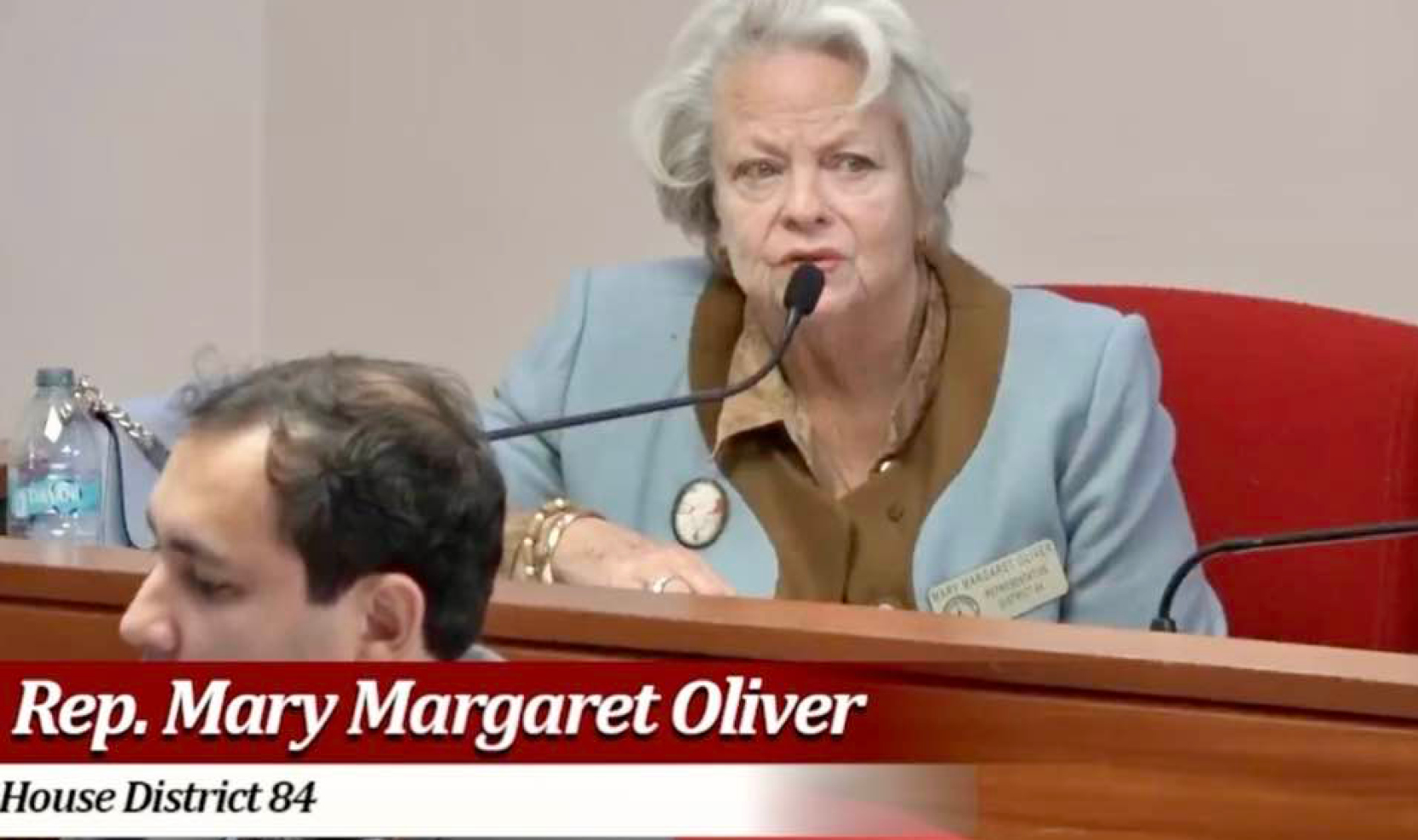Will the ‘Trump effect’ slow Georgia’s budding ranked-choice voting effort?

by Ryan Zickgraf, Atlanta Civic Circle
There’s growing momentum for Georgia to adopt ranked-choice voting for general elections and eliminate time-consuming, low-turnout runoffs when a candidate doesn’t get a majority of votes.
Here’s how it works: When they go to the poll, voters pick their first-choice candidate and then rank their preference for the other candidates in a race. If no one gets a majority, the candidate with the fewest votes is eliminated and first-choice votes for them are transferred to each voters’ next choice. The process repeats until one candidate emerges with the majority of the votes – the winner.
But a significant roadblock lies ahead: The Donald Trump-sized shadow cast over the presidential election for November 2024.
“People are told by former President Trump that our election was unfair. All of the messaging he put out there to weaken confidence in the Georgia election system has been successful to a certain extent,” said Rep. Mary Margaret Oliver (D-Decatur).
Some proponents say any significant changes to the voting status quo may have to wait until at least 2025.
Ranked choice goes mainstream
Nationally, ranked-choice voting is having a moment. As of July, approximately 13 million U.S. voters participated, including three counties and 46 cities. Maine became the first state to adopt it statewide in 2016, and Alaska followed suit in 2020.
Georgia actually adopted instant-runoff voting (as ranked-choice voting is also known) in the Election Integrity Act of 2021, but only for military and overseas voters. In December, Georgia Secretary of State Brad Raffensperger mentioned ranked-choice voting as one of three alternatives to the current runoff system, which critics say is costly, less democratic due to lower turnout, and a drain on our political attention.
“Those are three primary problems we’re trying to solve,” said Scot Turner, a former Republican state legislator who founded Eternal Vigilance Action, a 501(c)4 nonprofit that advocates for ranked choice. Turner’s group funded a 2022 Kennesaw State study which estimated the 2020 Senate runoffs cost Georgia $75 million.
“It’s dollars and cents. It’s voter participation and maximizing the opportunity for voters to participate in the electoral process,” said Turner. “The third is this societal problem—we never have a break from campaigns, and we have lower quality candidates who don’t want to subject themselves to extended campaigning.”
“Everywhere ranked-choice voting is used around the country, it gets very positive reviews,” Turner added.
Eternal Vigilance Action is part of a coalition currently working to nudge the Peach State towards ranked-choice voting. Better Ballot Georgia, a volunteer-led, 501(c)3 nonprofit, has collected over 10,000 signatures from Georgians to prove to elected officials that it’s on voters’ minds.
“Our mission is to focus on the education piece, because we think the biggest barrier to ranked-choice voting is the vast majority of voters don’t even know that it’s an option,” said Ben Rowley, a state organizer with Better Ballot Georgia.
Georgians United, also a 501(c)3 nonprofit, was founded three years ago by a coalition of business leaders advocating for Final-Five Voting. This system calls for holding a single primary where the top five vote-getters from all parties advance to a general election.
Ranked choice stalls at Gold Dome
In February, ranked-choice voting looked like it might make it onto the ballot at the Georgia General Assembly.
A bipartisan group of six lawmakers (three Republicans and three Democrats) sponsored House Bill 200, a local option bill to broaden Georgia’s use of instant-runoff voting. It would have allowed municipalities to decide if they wanted to employ instant runoffs for their general elections, if no candidate in a race wins a simple majority outright.
Oliver, a co-sponsor of HB 200, conducted an informal poll in her legislative newsletter in January. She found that 79% of the 244 respondents wanted to end Georgia’s current runoff system, and 65% favored ranked-choice voting instead.
“I think there’s an interest in it. And the expense and irritation voters feel at constant campaigning in a runoff makes them more interested,” said Oliver.
But the bill stalled out in the House and didn’t come to a vote.
Other options?
While the Georgia GOP has been relatively quiet about ranked-choice voting, someRepublicans nationwide have opposed it as confusing or unpopular. “Ranked-choice voting, again, should be called rigged-choice voting,” said Arizona Republican Sen. Anthony Kern in March.
Rep. Saira Draper (D-Atlanta) said she was “curious” about ranked-choice voting, but it would require far more public education at a time when there’s a lack of funding. Draper instead co-sponsored a bill (HB 419) in the 2023 legislative session that proposed lowering the threshold for a candidate to win a general election race. Instead of the current 50% plus one vote needed to win, her bill would require just 45% of the vote. It too died in committee, without making it out of the House.
“With ranked-choice voting, the devil is the details. How would it work? How would it get rolled out?” Draper said. “It’s more complication–and I’m not saying that the electorate can’t learn. Of course we’re capable of learning, but we need the resources to do so.”
The highly charged partisan political landscape in 2024, when Trump may be on the presidential ballot, does not favor ranked-choice voting’s chances with the state legislature next year, she added.
“I certainly don’t think it’s a practical thing to do in this environment of distrust,” said Draper. “I don’t see us doing any major overhauls of our system. It doesn’t make sense to fundamentally change how we vote before a major election. Big changes usually happen in odd years.”
Turner, the Eternal Vigilance Action founder, is “hopeful” that a ranked-choice voting bill will reappear in the 2024 legislative session, but he says it’s a question mark.
“We’re not sure at this point because the political landscape has been evolving,” he said.



.png)

